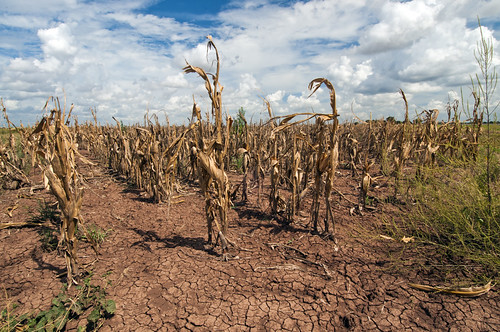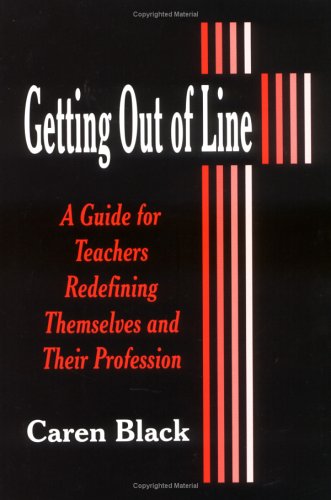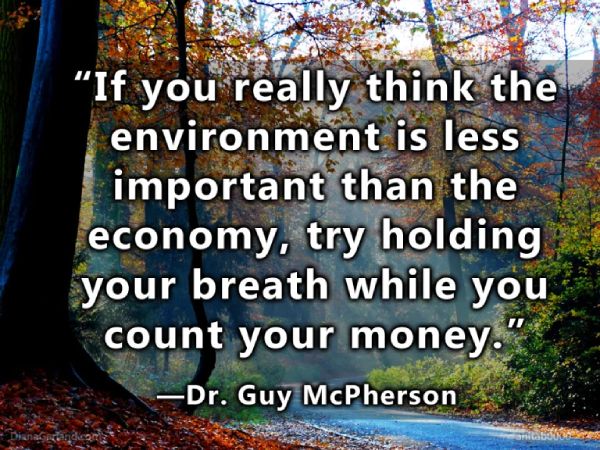From Axios on 7 August 2023 comes a story with this headline: The climate wrecking ball striking food supply. Here’s the lede: “Extreme weather events and our warming planet are primed to strike commodities and the food supply like never before.” The paper in Axios quotes Roderick Rejesus, an agricultural economist at North Carolina State University: “The literature is pretty clear” that if the observed increased frequency of extreme weather events continues, it will hurt crop yields in particular.
“It’s possible we could face unprecedented market impacts if we don’t do anything in terms of mitigation and adapting.”
In addition, the idea behind retaining a relatively cool planet is simple: doing so will prevent triggering self-reinforcing feedback loops. Unfortunately, we have already triggered several self-reinforcing feedback loops, any one of which makes climate change irreversible. Even the Intergovernmental Panel on Climate Change admitted we triggered a self-reinforcing feedback loop in its 24 September 2019 IPCC Special Report on the Ocean and Cryosphere in a Changing Climate. This IPCC report indicated an overheated ocean was responsible for the irreversibility of climate change … about four years ago.
The outcomes expected to result from abrupt, irreversible climate change are already being revealed. Consider, for example, the long-predicted reduction in grain production. According to the paper in Axios, the Indian government banned exports of non-basmati white rice on 20 July of this year. Not surprisingly, considering the importance of India as a supplier of rice, international prices are going up. According to Seungki Lee, an agricultural economist at Ohio State University, “We should be anticipating some drastic supply shocks.” Again, the supply shocks are already happening. How drastic do they need to be before members of the dismal science notice? I know about the dismal science. After all, I received a Ph.D. minor in economics in August 1987. If you’re keeping track, that’s more than 36 years ago.
According to Cornell University economist Arial Ortiz-Bobea: “Temperatures are higher, productivity is lower. The impacts are already here. They’ve already happened.” That’s quite an impressive admission from a professor at a major university. Ortiz-Bobea is further quoted in the Axios paper: “With all the lip service that people are giving [development of drought-tolerant crops], I don’t see it in the data.” Ortiz-Bobea led a 2021 study that demonstrated global farming productivity is 21% lower than it would be without climate change.
A climate scientist and research associate at Dartmouth College, Corey Lesk, offers the final quote in the Axios paper: “It’s pretty much every summer now that a record-breaking heatwave is happening, not just in one breadbasket, but multiple breadbaskets around the world. We are currently heading into a climate regime that we have never seen before.”
None of this sounds promising for a future with more than 8 billion people on Earth. That’s a lot of mouths to feed. I suspect many of them will go unfed in the near future. At some point, of course, they will all be unfed.
How soon will we all face starvation? Consider that the following list of informed individuals is anticipating a Global Depression in 2025 slated to be much worse than 1929: Warren Buffet and his renowned, long-time assistant Charlie Munger, Robert Kiyosaki, Elon Musk, Rebecca Patterson, Simon Hunt, and others. If even one or two of these folks are correct, then we are headed for some serious hard times. In addition, we are headed for a significant loss of aerosol masking. Never mind the ongoing rate of environmental change, reported by the IPCC to be the most rapid in planetary history. A global depression will cause an even faster rate of environmental change. Will it be sufficient to reduce aerosol masking enough to cause loss of habitat for human animals? If not, will enough employees walk away from their jobs at nuclear power plants to cause the nuclear facilities to melt down? After all, several decades are required to safely decommission a nuclear power plant. If we want to avoid superheating the planet by stripping away stratospheric ozone, we had better start the process of decommissioning nuclear facilities right now. If we fail, at least we will have tried.
Author
"Dr. Guy McPherson is an internationally recognized speaker, award-winning scientist, and the world’s leading authority on abrupt climate change leading to near-term human extinction. He is professor emeritus at the University of Arizona, where he taught and conducted research for twenty years. His published works include 14 books and hundreds of scholarly articles. Dr. McPherson has been featured on TV and radio and in several documentary films. He is a blogger, cultural critic, and co-host of his own radio show “Nature Bats Last.” Dr. McPherson speaks to general audiences across the globe, and to scientists, students, educators, and not-for-profit and business leaders who seek their best available options when confronting Earth’s cataclysmic changes." source









